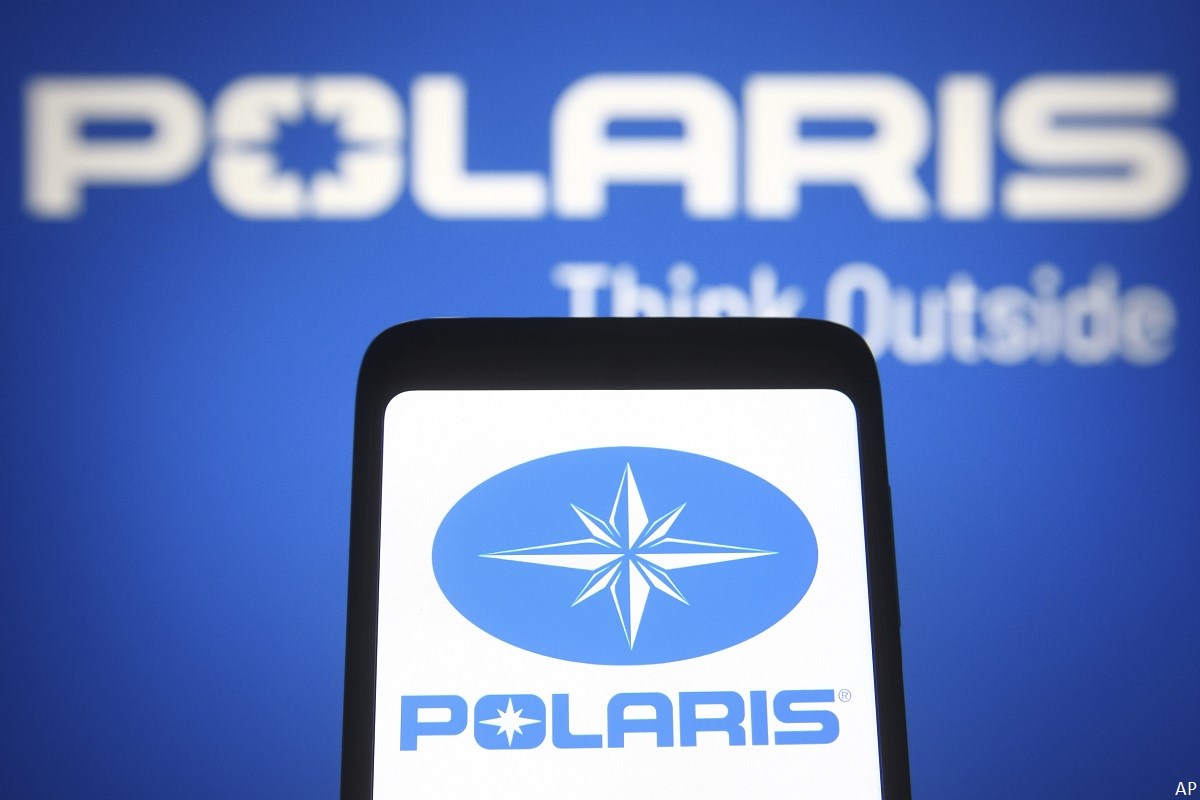
The meteoric rise of ESG investing in 2020 continues unabated in 2021. Sustainable funds in the U.S. attracted nearly US$21.5 billion in the first quarter, an all-time record level of fund flows. Globally, responsible investment clocked a whopping US$35.3 trillion in five key markets, growing 15% in the past two years, according to the latest Global Sustainable Investment Alliance (GSIA) data.
While it’s been growing steadily over the past few years, the coronavirus pandemic really intensified the ethical investing trend. Not only has there been greater investor focus on ESG considerations, but the strong performance of sustainable funds has also strengthened the idea that doing good could be good for your portfolio.
Investors looking to add sustainable investing to their portfolios may want to consider the following names. The low ESG risk rating of these companies indicates they have designed and embedded ESG policies in their corporate DNA.
|
Salesforce.com Inc |
||
|
Ticker |
||
|
Current yield: |
- |
|
|
Forward P/E: |
73.53 |
|
|
Price |
US$260.35 |
|
|
Fair value: |
US$292 |
|
|
Value |
11% Discount |
|
|
Moat |
Wide |
|
|
Moat Trend |
Positive |
|
|
Star rating |
**** |
|
|
Data as of Sept. 17, 2020 |
||
A cloud computing giant, Salesforce.com (CRM) offers customer relationship management service to businesses. The firm’s computing solutions include Sales Cloud, its main software-as-a-service product, Service Cloud for customer support, Marketing Cloud for digital marketing campaigns, and Commerce Cloud as an e-commerce engine, among others.
The four-star-rated company boasts ESG risk score of 11.2, rated by Morningstar-owned ESG research firm Sustainalytics. The ESG risk score is a metric that represents a company’s exposure to material ESG issues. The lower the ESG risk score, the better.
“Salesforce.com represents one of best long-term growth stories in software,” says a Morningstar equity report, noting that “even as revenue growth is likely to dip below 20% for the first time at some point in the next several years, ongoing margin expansion should continue to compound earnings growth of more than 20% annually for much longer.”
Salesforce benefits from natural cross-selling among its clouds, as well as a conspiracy of factors including upselling more robust features within product lines, pricing actions, international growth, and continued acquisitions.
“Salesforce is widely considered a leader in each of its served markets, which is attractive on its own, but the tight integration among the solutions and the natural fit they have with one another makes for a powerful value proposition,” says Morningstar equity analyst Dan Romanoff, who recently upped the stock’s fair value from to US$273 to US$292.
|
Adobe Inc. |
||
|
Ticker |
||
|
Current yield: |
- |
|
|
Forward P/E: |
47.17 |
|
|
Price |
US$654.15 |
|
|
Fair value: |
US$569 |
|
|
Value |
17% Premium |
|
|
Moat |
Wide |
|
|
Moat Trend |
Stable |
|
|
Star rating |
** |
|
|
Data as of Sept. 17, 2021 |
||
Software major Adobe (ADBE) provides content creation, document management, and digital marketing and advertising software and services to creative professionals and marketers. The company operates three segments: digital media content creation (70% of revenue), digital experience for marketing solutions, and publishing for legacy products (less than 5% of revenue).
The San Jose-based company has an enviable ESG risk score of 10.8, as of Sept 20, rated by Sustainalytics.
Adobe is a dominant force in content creation software with its iconic Photoshop and Illustrator solutions, both part of the broader Creative Cloud. “The company has added new products and features to the suite through organic development and bolt-on acquisitions to drive the most comprehensive portfolio of tools used in print, digital, and video content creation,” says a Morningstar equity report.
Its Creative Cloud is now offered exclusively via a subscription model which has “significantly improved revenue visibility and the elimination of piracy for the company, and a much lower cost hurdle to overcome (US$1,000 or more up-front, versus plans as low as US$10 per month),” asserts Romanoff, who pegs the stock’s fair value at US$569.
The company’s Document Cloud segment is driven by Acrobat and the popular PDF file format, which is now a US$1.5 billion business. “The rise of smartphones and tablets, coupled with bring-your-own-device and a mobile workforce have made a file format that is usable on any screen more relevant than ever,” Romanoff notes.
|
Lululemon Athletica Inc |
||
|
Ticker |
||
|
Current yield: |
- |
|
|
Forward P/E: |
59.52 |
|
|
Price |
US$425.79 |
|
|
Fair value: |
$186 |
|
|
Value |
129% Premium |
|
|
Moat |
Narrow |
|
|
Moat Trend |
Stable |
|
|
Star rating |
* |
|
|
Data as of Sept 17, 2021 |
||
The maker of trendy yoga pants, Lululemon (LULU) sells a range of activewear and accessories for women and men. The Canadian athleisure apparel maker also makes fitness accessories, such as bags, yoga mats, and equipment, sold through more than 500 company-owned stores across 17 countries, e-commerce, outlets, and wholesale accounts.
The Vancouver-based firm notched ESG risk score of 13.4, as of Sept 20, rated by Sustainalytics.
Lululemon has been pushing to expand both its product offering and geographic reach while bulking up its core business. Despite the short-term pandemic-induced weakness, “the firm benefits from the athleisure fashion trend and will continue to achieve premium pricing due to the brand’s popularity and the styling and quality of its products,” says a Morningstar equity report.
The firm is pursuing product innovation, e-commerce, and market expansion by introducing new fabrics and technology. It also plans to expand to such new categories as men’s (21.7% of 2020 sales) and footwear (to be introduced in 2022).
Lululemon’s e-commerce has been steadily gaining heft with online sales skyrocketing during the pandemic (101% growth in 2020), projected to permanently exceed its store sales by 2023. “Lululemon’s e-commerce should benefit from investments in digital capabilities, new product, and an expanding loyalty program,” says Morningstar Analyst David Swartz, who recently raised the stock’s fair value from US$178 to US$186.
The company has also been expanding overseas where it has a large opportunity, especially in China, the second-largest activewear market, he adds.




















